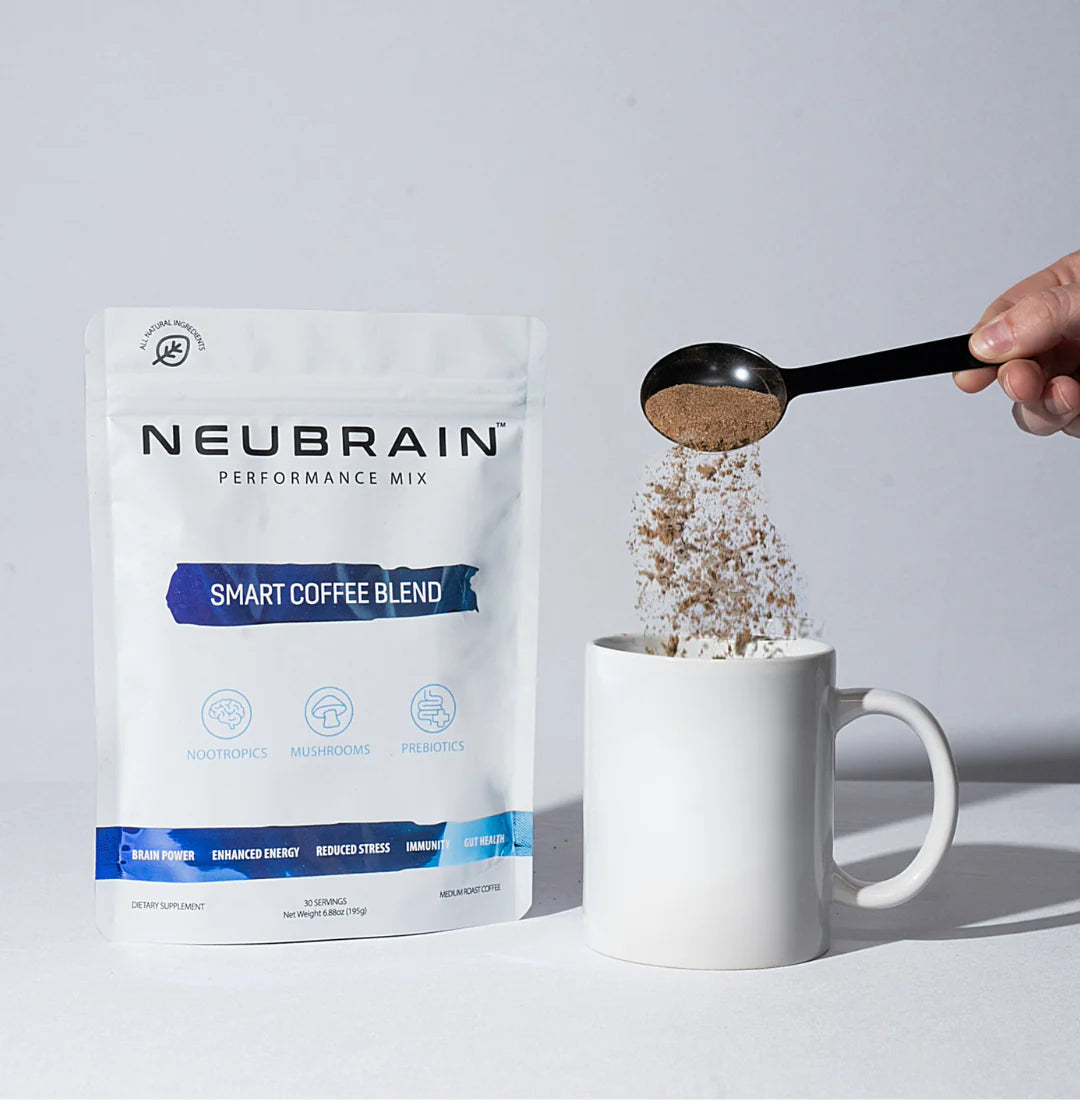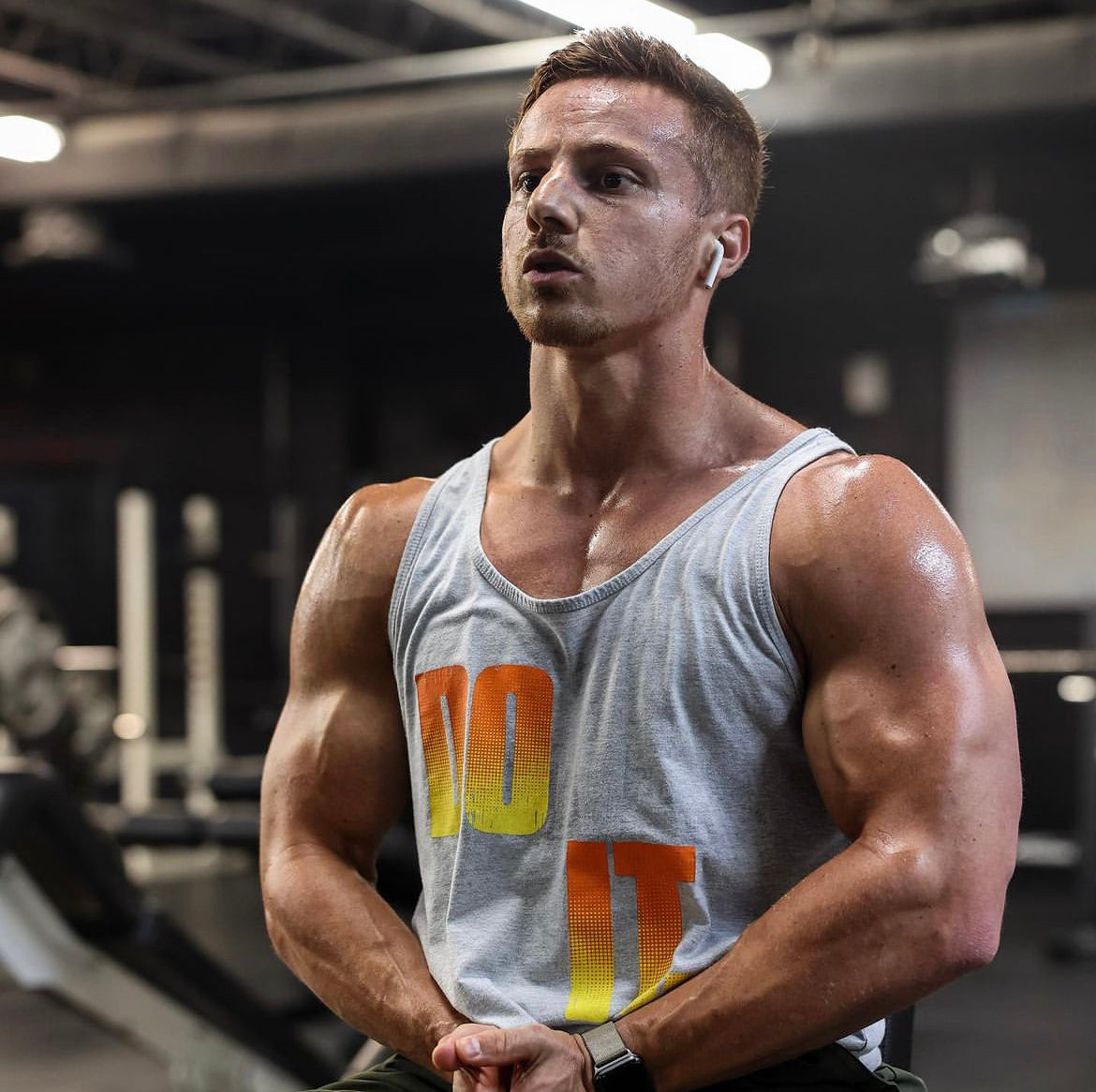The choice between coffee and energy drinks is a common dilemma. Both have their own fan bases and promise to keep you alert and focused. But which one is really better for you?
Did you know that coffee is rich in antioxidants and has been linked to numerous health benefits, while energy drinks often contain additional vitamins and amino acids for an extra boost? However, there are also concerns about the sugar content and artificial ingredients found in many energy drinks.
The age-old debate between coffee and energy drinks is something many of us face daily. Both promise a burst of energy, but they come with their own sets of benefits and drawbacks. Is your go-to cup of coffee really better than a can of your favorite energy drink?
Let’s find out here!
7 Reasons Why Coffee is Better Than Energy Drinks
1. Health Benefits and Nutritional Content
Coffee has rich contents of antioxidants as well as other nutrients which have wonderful impacts on the health of a consumer. These antioxidants help reduce free radicals in the body, which can cause several diseases, including chronic diseases.
- Cancer
- Heart disease
- Neurodegenerative disorders
However, polyphenols present in coffee have anti-inflammatory effects and other beneficial effects on health.
Apart from antioxidants, coffee contains small but significant amounts of essential nutrients that play vital roles in maintaining good health. These include:
- Riboflavin is essential for energy production
- Vitamin B5 is for the synthesis of coenzyme A, involved in the metabolism of fats, carbohydrates, and proteins.
- Manganese is important for bone health
- Potassium is an electrolyte that helps maintain proper heart function and fluid balance.
- Magnesium is involved in over 300 biochemical reactions.
Thus, unlike coffee most of the energy drinks do not have high nutritional value as is often associated with these drinks. Rather, they are packed full of sugar and artificial preservatives, which are known to have a number of adverse effects on one's health, according to the International Journal of Health Science. The reason why they pose several health implications is that they contain high levels of sugar.
- Weight gain
- Insulin resistance
- Increased risk of type 2 diabetes
Moreover, many energy drinks' artificial additives and preservatives can harm long-term health.
2. Caffeine Content and Effects
The caffeine levels in these beverages can vary significantly.
Coffee’s Caffeine Content
A standard cup of coffee typically contains between 95 to 200 milligrams of caffeine, depending on factors such as the
- Type of coffee bean
- Brewing method
- Serving size
This moderate amount of caffeine is generally well-tolerated by most individuals and provides a noticeable increase in alertness and concentration without causing adverse effects. According to NCBI, caffeine effect greatly on different health conditions.
So when you have a cup of coffee, the caffeine is absorbed into the system slowly hence producing an increase in energy levels in the body. This slow release helps to avoid some side effects of caffeine which include nervousness as well as the increased heart rate hence leading to a steady increase in energy levels.
Energy Drink’s Caffeine Content
Energy drinks often contain higher levels of caffeine, with some brands boasting up to 80 - 150 milligrams in 8 ounces. This increased caffeine level is supposed to offer a strong wake-up call and can bring about more serious chances of caffeine toxicity, more so where large amounts are ingested alongside other sources of caffeine or in combination with caffeine-containing supplements.
Another factor that makes energy drinks dangerous is that caffeine in them is ingested more quickly, resulting in a sudden surge of energy.
Though this could take a very short time to manifest its effects, it may take as little as half an hour to feel energetic; this is normally reflected as negative once the effects of caffeine start to wear off; it is worse than before. This drop can be even more intense when using high caffeine-containing energy drinks and result in feelings of fatigue and sleepiness.
3. Additives and Ingredients
Coffee is a natural and less processed product, unlike energy drinks, which are blended cocktails. Made simply from roasted coffee beans and water, coffee provides a transparent and wholesome beverage option. Its purity ensures you know exactly what you're consuming without any hidden additives or artificial ingredients.
Also Read: The Top 5 Benefits of Chaga Mushrooms
With coffee, you can enjoy the rich and robust flavors of the beans without compromising your health or well-being.
Energy drinks often contain a mix of artificial flavors, colors, preservatives, and high levels of sugar or artificial sweeteners. These additives can contribute to various health issues and may overshadow the beverage's benefits.
Energy drinks contain other stimulants like taurine, guarana, and ginseng, which can interact with caffeine and lead to unpredictable effects. By choosing coffee over energy drinks, you can opt for a more natural and transparent beverage that supports a healthier lifestyle.
4. Cost and Accessibility
When it comes to cost, coffee is generally more affordable than energy drinks. A cup of home-brewed coffee costs significantly less than a can of energy drink. Even when purchasing from coffee shops, there are various options to fit different budgets, from basic brewed coffee to more elaborate espresso-based drinks.
Energy drinks tend to be more expensive on a per-serving basis, with premium brands costing even more. The high price of energy drinks can increase quickly, especially for regular consumers.
Coffee offers more versatility in how it can be prepared and consumed, making it accessible to a wider audience.
5. Social and Cultural Aspects
Coffee's rich cultural heritage and deep-rooted social significance make it a universally cherished beverage. Around the world, coffee shops serve as bustling social hubs where people gather to work, meet friends, or relax.
The ritual of brewing and savoring coffee, whether in a cozy café or at home, adds to its appeal, offering a sense of comfort and routine. This tradition transcends cultural boundaries, making coffee a staple in daily life and social interactions across various societies.
Energy drinks are primarily marketed towards a younger demographic, often associated with extreme sports and high-energy lifestyles. This targeted marketing can create a niche appeal, suggesting that energy drinks are only suitable for specific occasions or types of people.
Unlike the universal acceptance of coffee, energy drinks can carry a stigma, limiting their broader appeal. Coffee's ability to bridge age groups and cultural divides underscores its role as a more inclusive and socially integrated beverage.
6. Customizability and Variety
A key aspect of enjoying coffee is the immense variety one has when preparing coffee or consuming it. It soaks all that you may desire in a cup; whether a vigorous black coffee or a thick latte, choice exists in its variety of brewing processes and flavors. It means that you can easily change brewing parameters and turn your coffee strong and robust or provide it with a mild taste you will like.
Moreover, the use of milk, sugar, syrups, and spices in preparing coffee can be done in various ways, hence giving you a chance to produce a drink of your choice that fits your desire and taste buds.
On the other hand, energy drinks lack the same level of variety and flexibility. These pre-mixed beverages typically come in limited flavors and offer little room for customization. Packed with set formulations, the consumption of energy drinks cannot be individualized, personalized, or experimented upon.
Thus, if one is in need of a beverage that will give one energy and can be individualized, coffee will be the best.
7. Environmental Impact
Coffee is indeed produced sustainably by using fairly traded and organically grown beans from many companies. These certifications ensure that the coffee that is used comes from farms that promote the use of environmentally friendly farming methods.
- Shade-grown cultivation
- Biodiversity conservation
- The use of natural fertilizers
- Pest control methods
These are some of the sustainable coffee producers that consumers can use to support the protection of fragile ecosystems, conservation of reserves, and the well-being of the community.
There are also other ways coffee consumers can reduce their impact on the environment, such as using refillable containers and cups. People can minimize the waste products caused by disposable cups by using reusable coffee mugs/thermoses, you name it.
Environmental Concerns with Energy Drinks
Current energy drinks are placed in cans or plastic bottles, making them disposable after a single use, thus posing as sources of pollution and waste. Some common packaging materials that have been confirmed to have an impact on the environment in their production, transportation, and disposal include the following.
- Carbon footprint
- Exacerbating environmental degradation
- Climate change
Moreover, energy drink contains some aspect like flavored, colored, and preserved which also affects the environment in terms of water pollution and habitat degradation.
FAQs
Which provides a longer-lasting energy boost, coffee or energy drinks?
Energy drinks often provide a quick burst of energy due to their sugar content and additional stimulants, but this can lead to a crash later. Coffee tends to offer a more sustained energy boost without the sudden drop in energy levels.
Are energy drinks or coffee better for hydration?
Coffee, especially when consumed black, has minimal added ingredients and can contribute to your daily fluid intake. Energy drinks, on the other hand, often contain high levels of sugar and sodium, which might not be as hydrating.
Are there any health risks associated with drinking energy drinks?
Yes, consuming energy drinks in large quantities can lead to health risks such as increased heart rate, high blood pressure, and potential negative effects on mental health. It’s important to consume them in moderation.
Do energy drinks contain more sugar than coffee?
Typically, yes. Many energy drinks are loaded with sugar to enhance flavor and provide a quick energy boost. In contrast, black coffee contains no sugar, and even with added milk or sweeteners, it usually has less sugar than most energy drinks.
Can I mix coffee and energy drinks for an extra boost?
It’s not advisable to mix the two, as this can lead to an excessive intake of caffeine and other stimulants, potentially causing negative health effects like heart palpitations, anxiety, and insomnia.
We Got the Winner!
In the debate between coffee and energy drinks, both have their unique advantages and drawbacks. Coffee, with its natural caffeine content and rich antioxidant properties, offers a steady boost of energy and numerous health benefits. On the other hand, energy drinks provide a quick, intense surge of energy, often accompanied by added sugars and artificial ingredients.
For those seeking a balanced and health-conscious alternative, mushroom coffee presents an innovative solution. Combining the effects of coffee with the wellness benefits of medicinal mushrooms offers sustained energy without the jitters or crashes associated with traditional caffeinated beverages.
As you explore your options, consider how mushroom coffee can fit into your lifestyle, providing a harmonious blend of energy and health benefits.








